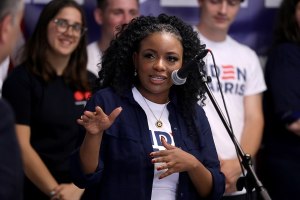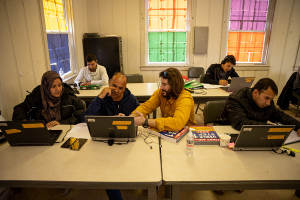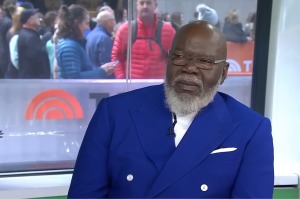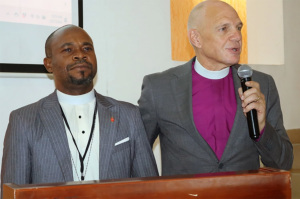NCAA OKs Donations to Football Star's Faith-Based Charity
The eligibility of college football star Tim Tebow to play as the Florida Gators' quarterback is no longer in jeopardy following efforts by the NCAA and Florida athletic officials.
NCAA clarified in a statement that the outspoken Christian's affiliation with his father's missionary work and other related charities, including an orphanage in the Philippines, does not violate the athletic association's bylaws.
"NCAA bylaws prohibit an institution or boosters from providing benefits to a student-athlete or the student-athlete's family that generally aren't available to any student in the general student body," it explained in an e-mail to the Miami Herald.
However, since all donations to Uncle Dick's Home go directly to the orphanage and not to the Bob Tebow Evangelistic Association or the Tebow family, and no member of the Tebow family serves on its board of directors or staff, donations to the orphanage from the university or its boosters are allowed under NCAA bylaws, it added.
Earlier this year, Tebow had announced his plan to return for his senior season with hopes of leading the Gators to their first undefeated season and fourth national title. The 6-foot-3, 240-pound left-hander led the Gators to a 24-14 victory against Oklahoma in the Bowl Championship Series title game in January, marking the University of Florida's second national football title in three years.
During a breakfast at the Governor's Mansion in Tallahassee on Thursday, Florida coach Urban Meyer said the interpretation of the NCAA rules was one of the main reasons Tebow decided to return to school rather than declaring himself eligible for the NFL draft.
Tebow "would not be our quarterback any longer if that did not happen," Meyer said, according to the Miami Herald.
Adding to Meyer's comments, Tebow said "My reason for coming back wasn't to win another championship, which we're trying to do, or to go higher in the draft. It was to have an impact on today's youth, something that most athletes don't ever take the time to think about.
"It's not about me," the football star added. "It's about 'who can I help?'"
Tebow is currently one of the most popular and respected players in NCAA football, having been the first college sophomore to win the Heisman Trophy and the first college football player to both rush and pass for 20 touchdowns in a season.
Aside from his achievements on the field, Tebow has also been highlighted for his evangelistic outreach and overseas charity works. The son of missionaries frequently visits the Philippines, where he was born, and helps orphans and even performs surgeries with the help of an assistant. He has also preached at several venues, including a prison, where he told inmates that he has found "true satisfaction, true happiness."
"[A]nd it is not by having your name in a newspaper, it is not by winning trophies, and it is not by winning championships," Tebow told inmates last April at the Lancaster Correctional Institution in Trenton, Fla.
"It is by having a relationship with Jesus Christ," he said before encouraging the inmates to step on to the stage to accept Christ.
Tebow is also one of the most prominent fruits of the homeschooling movement, which has grown 77 percent over the past eight years, according to the National Center of Education Statistics (NCES).
Tebow began his football career after legislation was passed in Florida in 1996 that allowed homeschooled students to compete in local high school sporting events. He and his siblings were all homeschooled by their mother, who worked to instill the family's deep Christian beliefs along the way.
According to reports, Tebow is flying to the Philippines next week – during the University of Florida's spring break – for a mission trip with his father's evangelistic association.
The Florida football team begins spring practice on Mar. 25.





























